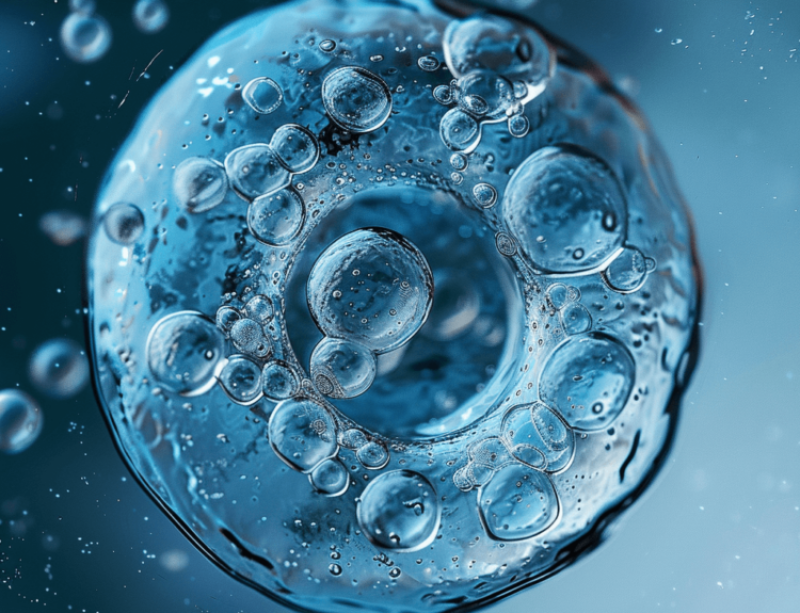Scientists are a step closer to making IVF eggs from patients’ skin cells after adapting the procedure that created Dolly the sheep, the first cloned mammal, more than two decades ago.
The work raises the prospect of older women being able to have children who share their DNA, and to overcome common forms of infertility caused by a woman’s eggs becoming damaged by disease or cancer treatment.
The radical procedure, which may take a decade to perfect and approve in humans, would also enable male couples to have genetically related children, since the men’s DNA could be combined in the fertilised egg and carried to term by a surrogate mother.
The latest experiments, published in Science Advances, were performed in mice… [Researchers] start with a donor egg and remove its nucleus. They then transfer in the nucleus from a mouse skin cell. The egg is then cultured in such a way that it naturally discards half of its chromosomes. This crucial step ensures the egg contains the correct number of chromosomes – half from each parent – once it is fertilised with a sperm.































